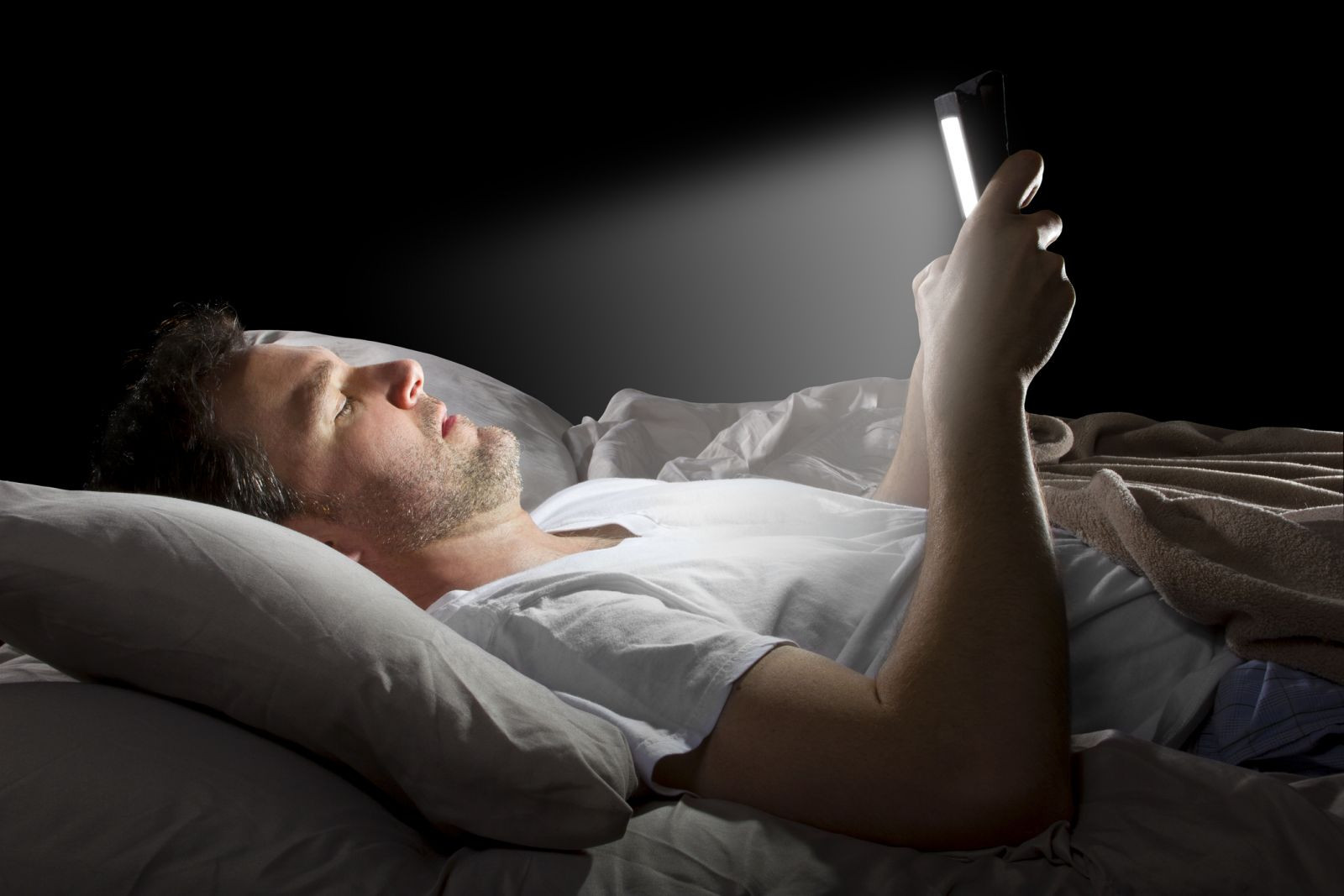A nightly adequate sleep is just as important as having a healthy diet and regular exercises. Sleep is part of maintaining a healthy overall wellbeing but more studies show that lack of sleep or poor-quality sleep has direct negative effects on brain functions, mood, performance and even on hormones.
In today’s modern society, both sleep and sleep quantity have been compromised with more and more people suffering from having poor and inadequate sleep. Sometimes we may be wondering why even if we have a good quality mattress and bed sheets or a huge full or queen mattress as our sleeping equipment at home, we still can’t get that quality sleep we want and we need in our life. Fortunately, through the advancement of sleep science the factors that can affect sleep are already identified and one main factor is light exposure.
Light exposure can negatively and positively affect sleep. Your body has a built-in body clock called as circadian rhythm that affects brain, body and hormone functions. It is responsible in keeping you awake and signals your body when you need to sleep.
Day and Bright Light Exposure
Increasing exposure to natural daylight or bright light will keep your body clock work better. This will improve your performance during the day while helping you have quality sleep during nighttime.
Exposure to natural sunlight or artificial bright light can help people with insomnia to have quality sleep and longer sleeping time. It is also discovered that in older adults, a 2-hours of exposure to bright light during the day can increase sleep duration by 2 hours with 80% improved sleep efficiency.
Blue Light Exposure
Sources of blue light could come naturally from sun and from gadgets or devices. Blue light has direct effect on the brain and can hinder the production of a hormone called melatonin which is responsible in helping your body to relax and attune to deep sleep. Blue light tricks the brain in thinking that it is still daytime. Long exposure to LED TV, fluorescent bulb lights, computer, mobile phones and other gadgets with screen will negatively impact your ability to have a good sleep.
What you can do:
- Increase your exposure to bright light and sun during the day. This will help your circadian rhythm work efficiently allowing you to sleep better.
- Avoid using gadgets or devices that emit blue light at least 2 to 3 hours before your bed time. Make “no work inside the bedroom” a rule before you sleep.
This is a helpful information for those people aiming to achieve a good quality sleep every night. Sleep is for our overall health and wellness. It is our body’s way of recuperating. This is the only moment that we can refresh and recharge everything inside our system therefore we have to do everything we could so we would know where the problem of sleepless nights or inadequate sleep really come from. There are actually a lot of factors that can be health or environmental related, but let us try to eliminate first the factors that affect the quality of our sleep inside our own bedroom like the lighting.


Comments are closed.